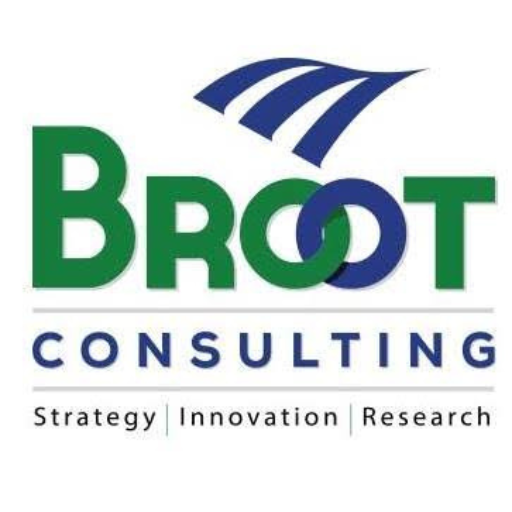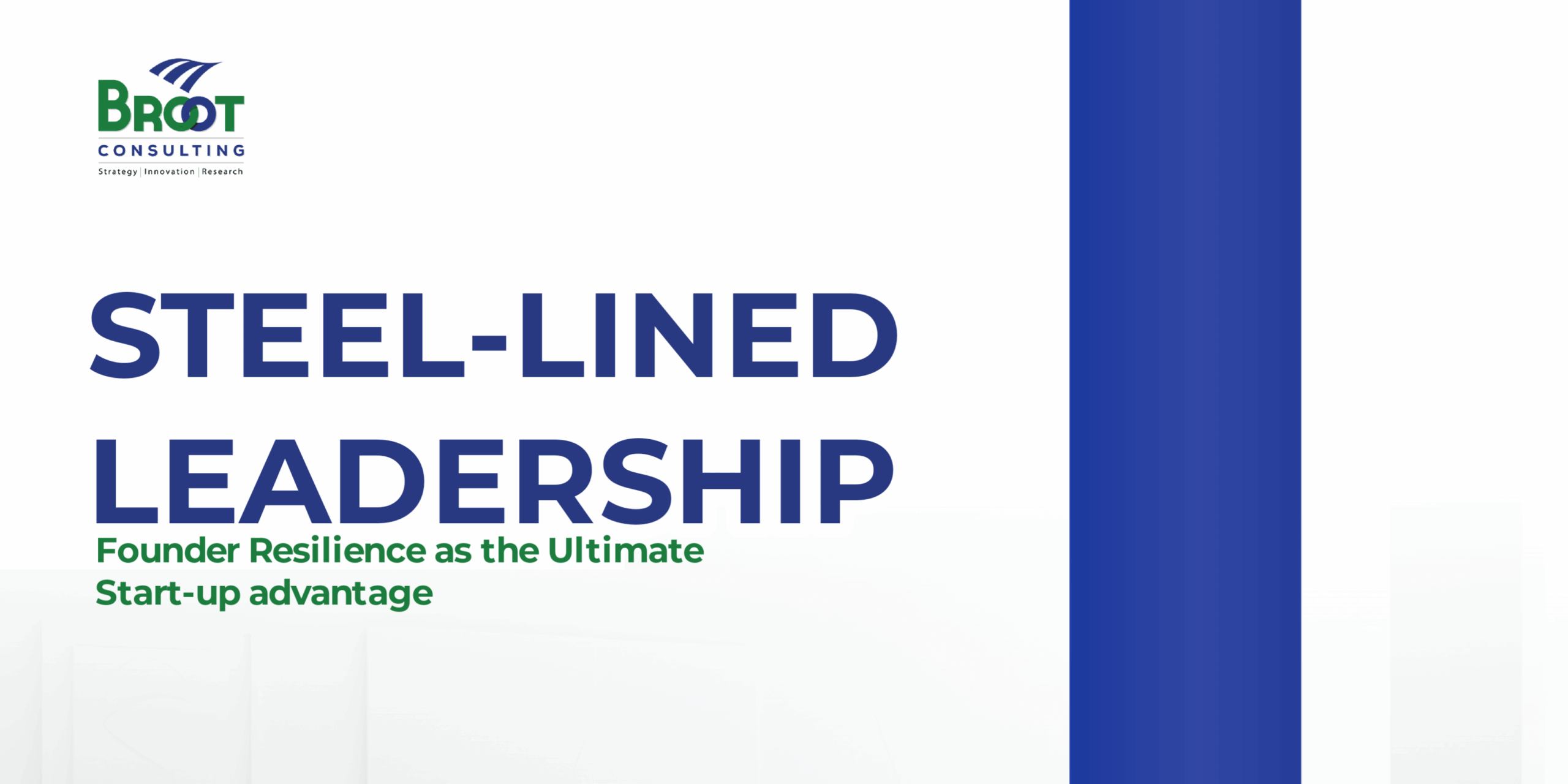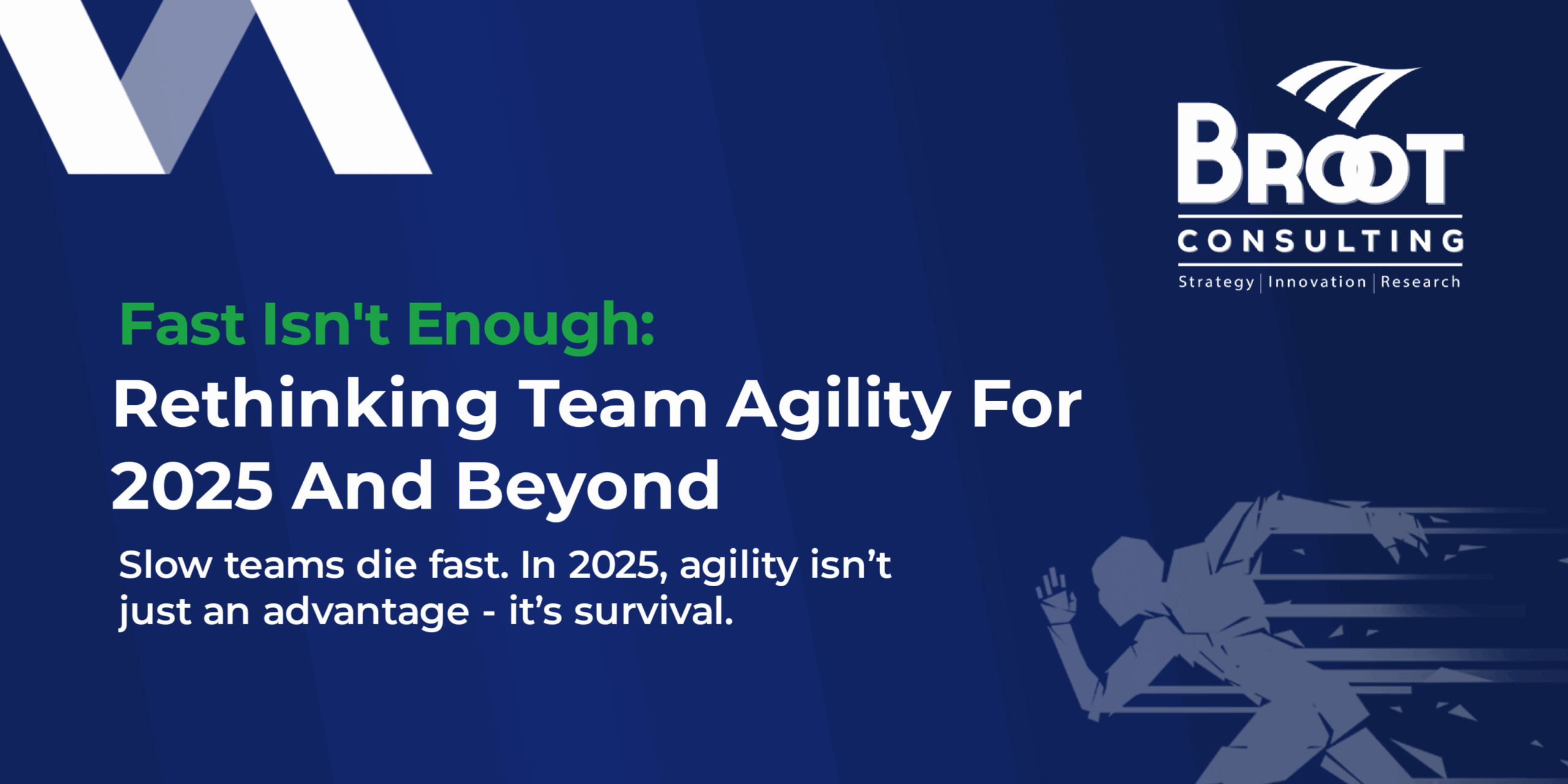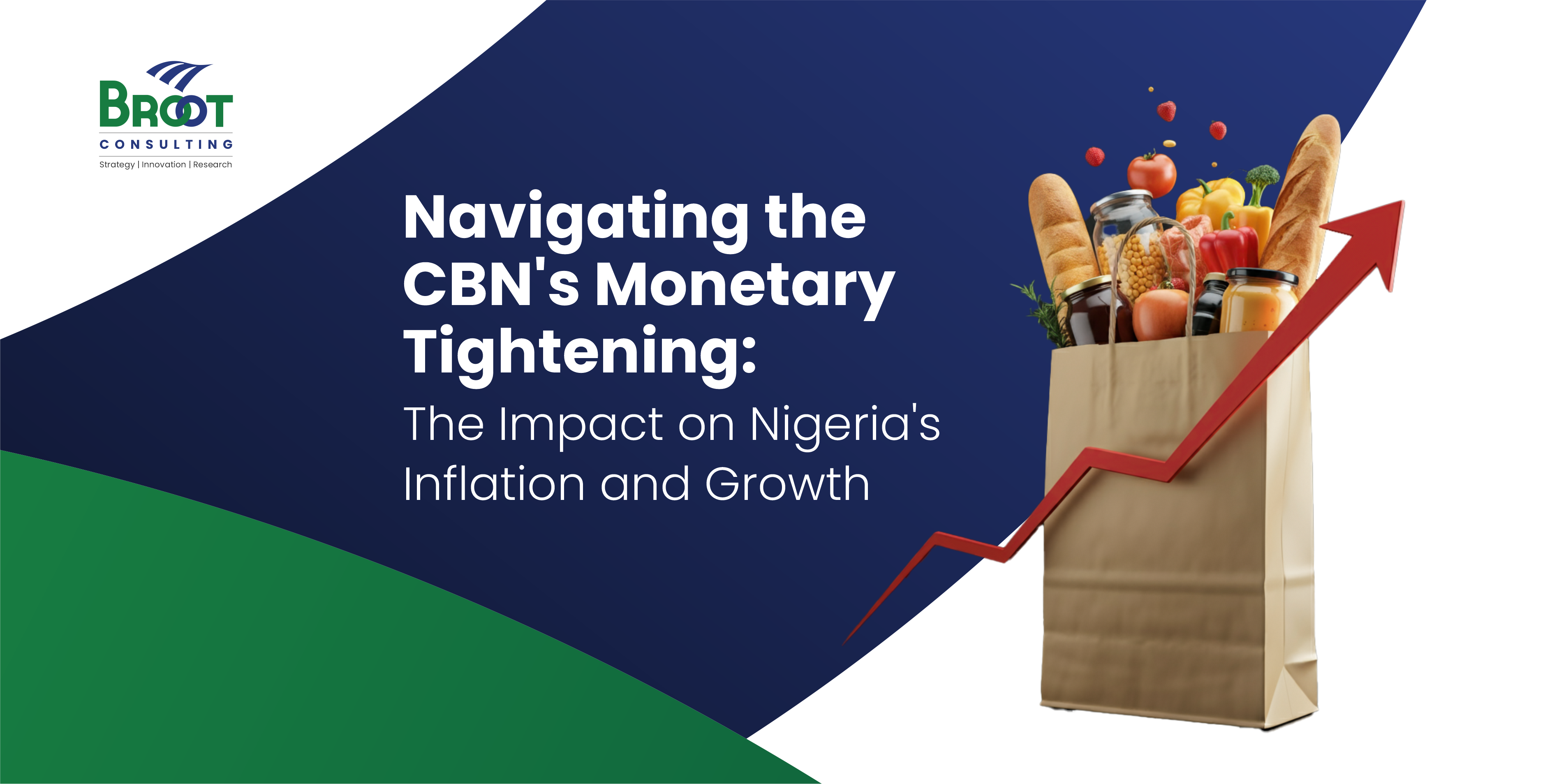Inclusion in Our World: Appreciating and Acknowledging the Multi-faceted Roles of Women
It is another International Women’s Day with the theme: “#InspireInclusion”. The World Business Council for Sustainable Development (WBCSD) in its “Vision 2050: Time to Transform” report highlights three profound challenges the world is currently facing: the climate emergency, nature loss, and increasing levels of inequality. Among these, inequality – encompassing disparities in wealth, income, and overall well-being – is particularly critical. Its pervasive effects often impede efforts to address other global issues. Essentially, resolving inequality could lead to significant progress in solving many of the world’s problems, especially considering the deep impact inequality has on mental health and human functionality.
In solving the problem of inequality, paying attention to inclusion is crucial. The topic of inclusion is not limited to gender only. Inclusion encompasses ensuring people feel involved, valued, respected and treated fairly. The outcome of inclusion is that we will have a better society or planet to live in. It will improve the well-being of people too and they will be better energized to carry on to deliver on expectations and solve other problems in the world. Gender inclusion in the workplace seeks to ensure the involvement, engagement and value of both the male, female and other gender classification. This article will focus on the inclusion of women in societal structures, emphasizing the corporate space.
Recent research on women’s representation in the workplace highlights some critical challenges and areas for improvement. According to the “Women in the Workplace 2023” report by McKinsey, there is a noticeable gender disparity in early promotions within organizations. This imbalance leads to men holding a majority of manager-level positions, which in turn results in fewer women being promoted to senior management, with a decreasing number of women at each subsequent level. This issue is compounded by the prevalence of microaggressions in the workplace, which disproportionately affect women, particularly those with traditionally marginalized identities. These microaggressions contribute to a less psychologically safe work environment, leading to higher job dissatisfaction and burnout among women.
The World Economic Forum’s Global Gender Gap Reports from 2022 and 2023 also shed light on gender gaps in leadership across various industries. While there have been some strides in increasing women’s representation in leadership roles, the overall progress remains slow and uneven. The data suggests that certain industries have a significant gap between female representation in the workforce and in leadership positions. This indicates a need for more targeted efforts to close these gaps and ensure that women are not only part of the workforce but also represented in leadership roles across all sectors.
The struggle for women voice has been on the rise for many years. We salute the courage of women across different continents that fought for the voice of women in different spheres: corporate space, political sphere, marital space, religious affiliations, and so on. It has indeed been a journey for the female gender. We have experienced the movement that led to feminism and womanism.
Throughout history, numerous women have played pivotal roles in the fight for female inclusion in various sectors of society. These women have championed gender equality, breaking barriers and challenging norms to create a more inclusive world. Here are some notable figures:
• Susan B. Anthony: A key figure in the women’s suffrage movement in the United States, Anthony played a critical role in the fight for women’s right to vote.
• Simone de Beauvoir: A French writer, intellectual, existentialist philosopher, political activist, feminist, and social theorist, Beauvoir is known for her book “The Second Sex,” which is often regarded as a major work of feminist philosophy.
• Ruth Bader Ginsburg: As a U.S. Supreme Court Justice, Ginsburg was a trailblazer for women’s rights and gender equality. Her legal career was marked by her advocacy for gender equality and women’s rights.
• Malala Yousafzai: A Pakistani activist for female education and the youngest Nobel Prize laureate, Yousafzai is known for her advocacy for girls’ education, particularly in regions where girls’ access to education is limited.
• Gloria Steinem: An American feminist, journalist, and social political activist, Steinem became nationally recognized as a leader and spokeswoman for the American feminist movement in the late 1960s and early 1970s.
• Sojourner Truth: An African American abolitionist and women’s rights activist, Truth was famous for her speech on racial inequalities, “Ain’t I a Woman?” delivered at the Ohio Women’s Rights Convention in 1851.
• Marina Ginesta: At the young age of 17, Ginesta, a member of the Unified Socialist Party of Catalonia, became an iconic figure in the Spanish Civil War as a social activist, journalist, and translator.
• Amelia Earhart: A pioneering American aviator, Earhart was the first woman to fly solo across the Atlantic, breaking barriers in aviation for women.
• Rosa Parks: Known for her pivotal role in the civil rights movement in the U.S., Parks famously refused to give up her seat on a bus, challenging racial segregation.
• Leola N. King: America’s first female traffic officer, King broke ground for diversity in the police force in 1918.
• Danuta Danielsson: Danielsson became a symbol of resistance when she was photographed hitting a neo-Nazi with her handbag during a demonstration in Sweden in 1985.
• The Night Witches: This all-female squadron of bomber pilots, led by Colonel Marina Raskova, played a vital role in World War II, executing thousands of bombing raids on the Nazi-occupied Soviet Union.
• Margaret Hamilton: As a computer scientist, Hamilton’s code was crucial for NASA’s Apollo Moon programme, and she was later awarded the Presidential Medal of Freedom for her contributions.
• Gertrude Ederle: An American Olympic swimmer who became the first woman to swim across the English Channel in 1926, setting a new record time.
• Jeanne Manford: A key figure in the LGBTQ movement, Manford’s support for her son led to the founding of Parents and Friends of Lesbians and Gays (PFLAG).
• Margaret Bourke-White: A war correspondent and photojournalist, Bourke-White was a trailblazer in the male-dominated field of conflict reporting.
Several African women have made significant strides in fighting for female inclusion across various sectors. Their activism and leadership have been crucial in advancing women’s rights and gender equality on the continent.
• Ellen Johnson Sirleaf: She made history as Africa’s first democratically-elected female president. Sirleaf led Liberia through significant challenges, including reconciliation and recovery after a civil war and the Ebola Crisis of 2014-2015. She received international acclaim for her administration’s achievements and was awarded a Nobel Peace Prize for her work to empower women.
• Wangari Maathai: This Kenyan environmental and political activist was an influential figure in both democracy and human rights education. Maathai was the founder of the Green Belt Movement and the first woman in East and Central Africa to earn a doctorate degree. She was awarded the Nobel Peace Prize in 2004 for her outstanding contributions.
• Yaa Asantewaa: Known as the “Queen Mother of Ejisu” in modern-day Ghana, Asantewaa played a significant role in confronting British colonial rule in the early 1900s, becoming a symbol of resistance and female empowerment.
• Joyce Banda: The first female President of Malawi and a winner of Forbes’ “Most powerful woman in Africa,” Banda has been a formidable advocate for human rights and education in Malawi.
• Dahomey Amazons: This group of all-female fighters from the Dahomey Kingdom (present-day Benin) played a crucial role in warfare and governance in their region, demonstrating the strength and capabilities of women in leadership and combat roles.
• Obiageli Ezekwesili: A Nigerian activist, economic policy expert, and advocate for good governance, Ezekwesili played a vital role in the Bring Back Our Girls (BBOG) campaign, drawing international attention to the abduction of girls by Boko Haram.
• Graça Machel: A Mozambican politician and humanitarian, Machel has been an advocate for girls’ education and basic human rights, founding the Graça Machel Trust to combat childhood marriage and female genital mutilation.
• Miriam Makeba: Known as “Mama Africa,” Makeba was a South African singer and anti-apartheid activist. She used her music to highlight the atrocities of apartheid and was exiled for her activism.
• Chimamanda Ngozi Adichie: An influential writer and feminist, Adichie has brought African literature to a global audience and actively advocates for women’s rights. Her works and public speeches have been influential in shaping contemporary discussions on feminism and gender equality.
As we commemorate International Women’s Day once again, we honor and celebrate the women who have significantly contributed to the freedom and inclusion of others. Recognizing the profound truth that the well-being of a woman directly influences the nurturing and development of a child, we understand the critical role women play in shaping a better society. This day is a tribute to all women and the supportive roles played by those around them.
We acknowledge and appreciate the multifaceted roles of women, ranging from the traditional responsibilities of motherhood and homemaking to their impactful presence in the corporate, political, and social realms. Women’s contributions in these various spheres have been instrumental in driving positive change and fostering a more inclusive and equitable world.
As we celebrate this International Women’s Day in 2024, let’s raise our glasses in honor of women everywhere. We thank them for their resilience, strength, and the myriad roles they undertake. Their relentless spirit and dedication are an inspiration to us all.
Happy International Women’s Day 2024! Here’s to inspiring inclusion and continuing to uplift the invaluable role of women in our global society. #InspireInclusion
Gbemi Ibrahim, PMP, GPHR, MCIPM.





